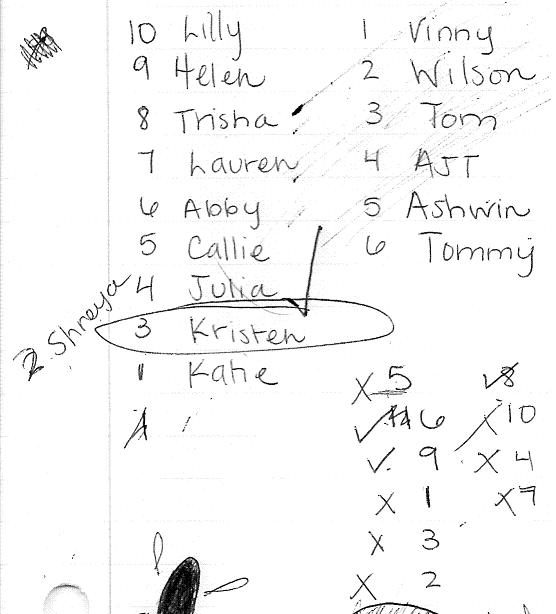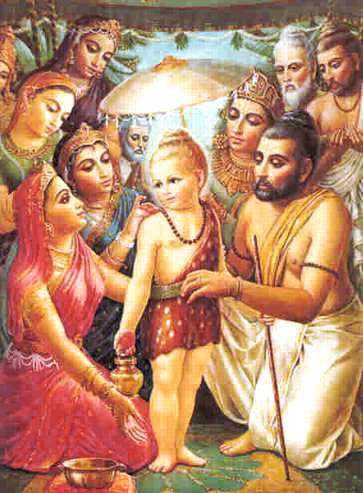Vince first played this game in October of 2006 his first semester in College. This is a game of memory and speed. The game is played in a circle. Each person in the circle has his or her own hand gesture. Vince said when he played it that he did a rowing motion and that was his hand motion for the whole game. After each person picks their hand gesture, everyone rapidly taps on the table and starts saying thumper, and the they increasingly say it faster and faster. Then as it peaks the leader of the group, who is usually the person who suggests playing the game, chants out WHAT GAME ARE WE PLAYING! and every one else answers back by saying THUMPER! Next he says WHY DO WE PLAY THIS GAME! and everyone else answers back by saying TO GET MESSED UP! Next he does his own hand gesture and does someone elses, and then that person does his own and passes it on to someone else. This goes on until someone messes up, by doing someones hand gesture incorrectly or stutters in between. At that point the person who messed up takes a long sip of his beer or non-alcoholic drink. Vince says that it is the most fun when people have drank for a long time and they are intoxicated a bit because it is harder for them to remember each persons gesture and pass it on. He also says that the game is best when there are more than 10 people, then it is harder to remember all the 10 gestures. Vince plays this game at least once when he is partying at his frat. He usually plays with girls and some of his friends.
Vinces frat brother, Chuck, who I also interviewed, told me of another version of this game. He said that instead of just doing you gesture and another perons gesture, you have to remember each persons gesture before that, and you make up gestures as you go instead of having set gestures for each person. He says that this game is harder than Vinces version because of the amount of memorizing that has to be done.
This game can also be compared to the childhood game I played where we would pick a topic (i.e animals) then one person would say an animal and then the next person would say another that starts with the last letter of the animal the pervious person says. It is similar in the way that it is a memory game.


